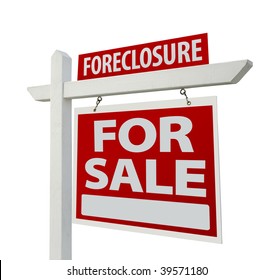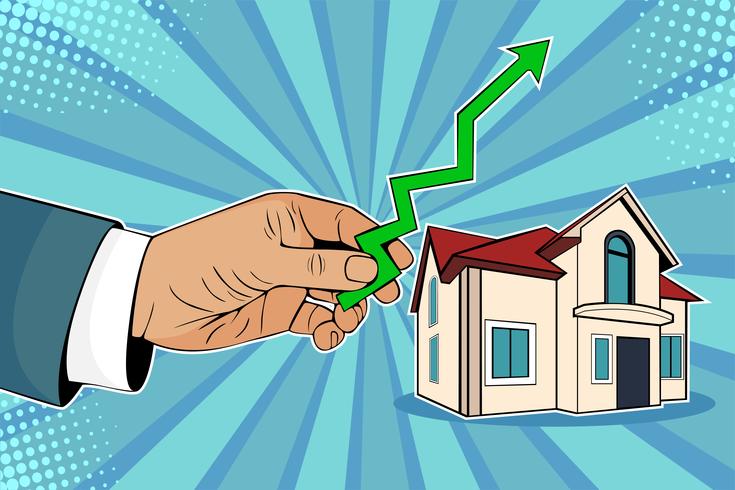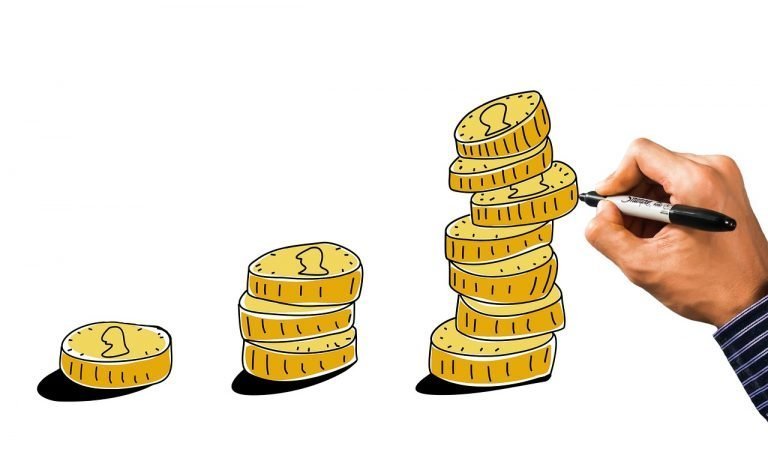A crash in the housing market seemed inevitable during the early weeks of the COVID-19 recession. However, that bust didn’t come to fruition, in fact, the opposite happened: A combination of government support, recession-induced low-interest rates, and eager homebuyers set off a housing boom. Since the onset of the crisis, median home prices are up roughly 24%.
But much of that government aid and support is about to go away. The foreclosure moratorium, which prevents foreclosures of federally-backed mortgages, will come to an end on July 31. Then on Sept. 30, the mortgage forbearance program, which allows some borrowers to pause their payments, will lapse. Since the beginning of the pandemic, over 7 million homeowners have been enrolled in the forbearance program. However, as the economy has improved that number has fallen. As of July 11, there are still 1.75 million borrowers, or 3.5% of U.S. mortgages, enrolled in the forbearance program.

The foreclosure crisis following the 2008 housing crash was so bad, in part, because tens of millions of financially strained homeowners were underwater (meaning a borrower’s remaining mortgage balance is greater than the home’s value) and had no choice but foreclosure. That’s unlikely to be the case for financially strapped homeowners this year. These homeowners are likely sitting on sizable home equity (home value minus the outstanding mortgage), and if they can’t repay the mortgage they can simply sell into the currently red-hot housing market.
Currently, there are 1.75 million homeowners protected by the mortgage forbearance program. So far neither the lender nor the owner can’t force them out or force them so sell or pay the outstanding payments. If all these homeowners would sell instead of going back to repaying the mortgage it could have a big impact on the historically tight housing market. According to the National Association of Realtors, there are only 1.37 million units currently available for sale.
Over the past four decades, the US has averaged 2.5 million units at any given time. This year housing inventory hits the lowest level since the dater started getting tracked in the 80s.
The wildcard in the supply landscape is what happens to the homes where the owners are in mortgage forbearance. Some will have returned to gainful employment and will work with the lenders to adjust the terms of the loan, allowing them to remain in their homes. Others will not be so lucky and will lose their homes. According to a chief economist familiar with the data, I was told that unless the forbearance period is extended again we should expect some of those homes to hit the market over the next year.

That begs the question: how many of these behind homeowners are likely to sell? We ask a startup company called HOME LLC who provides down payment assistant to homebuyers in return for a share of profits to run the numbers. The finding: If the government doesn’t extend the mortgage forbearance program HOME LLC model forecasts an additional 11% increase to housing inventory later this year. But that may not be enough to lower prices because high positive home equity among delinquent homeowners results in a lower likelihood of foreclosure since people can refinance or sell the home to avoid defaulting on their mortgage. Those who do choose to sell are unlikely to shift the market. The forecasted uptick in inventory isn’t much given that inventory is at a 40 year low. So I project that home prices will continue to grow – maybe still rapidly – even if the forbearance program ends.
While lapse of the mortgage forbearance program is likely it isn’t guaranteed. The benefit, initially created by the 2.2 trillion care CARES Act in March 2020, has already been extended three times. The last extension came from the buying administration in late June when it extended forbearance to September 30. However, so far the White House hasn’t suggested another extension is looming.
Many homeowners existing mortgage forbearance are returning to their pre-pandemic earnings and are no longer facing financial hardship associated with the pandemic. The homeowners who can resume the pre-pandemic monthly mortgage payment and where agencies have the authority, agencies will continue requiring mortgage-free services to offer options that allow borrowers to move missed payments to the end of the mortgage at no additional cost to the borrower.
Does this summon it up for you?

Yes and no. As I stated in the beginning of this article: The market was expected to crash when Cocvid hit but it didn’t. Under “normal” circumstances with “normal” supply and demand in the market, an expected 1.75 million units coming up for sale within a short period of time would likely result in a market downturn. Will it happen? My personal opinion and my gut tell me it most probably won’t. We have a decent President at the helm again who has enough experience and influence to make sure another 2008 crash won’t happen on his watch. I’m confident that his fact and science-based decisions in everything he does and did in the past, will lead to “normal” market up’s and down’s as we experience them since the beginning of time. Can you bet on this? Even with my 37 years in this industry I’m not and will never be 100% sure. I’m still selling Real Estate in this hot market and I have stopped waiting for the crash to invest my own money. I’ve again put my money where my mouth is and so far I didn’t regret it. How about you? Call or email me with any further questions.







